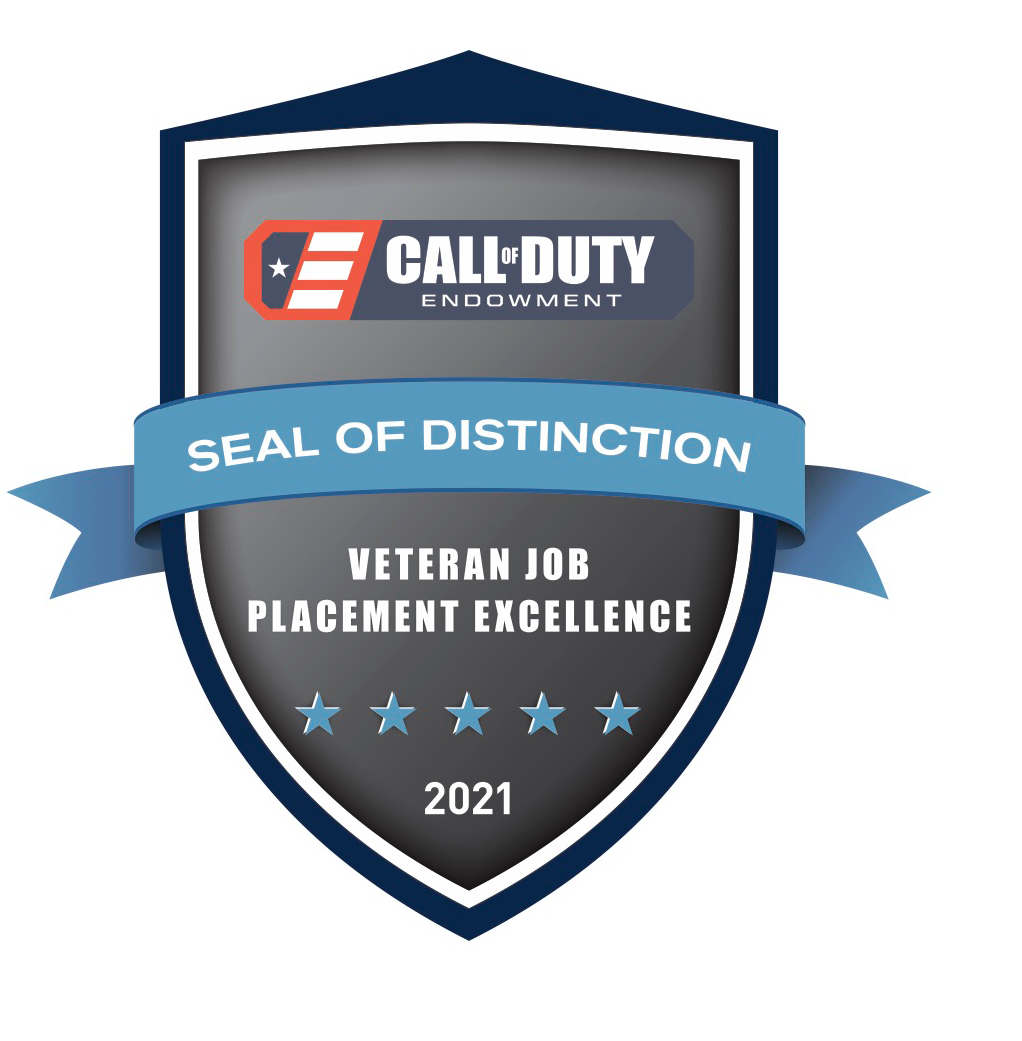Build a Powerful Network with ACP

Network. Network. Network. It’s the name of the game. Unless you live under a rock, you’ve heard about the importance and power of networking.
The numbers don’t lie... 80% of jobs are filled either internal or through recommendation. 80%! In another context 8 out of 10 jobs actually are never listed. This stat speaks volumes and validates any time spent on networking.
Most, if not all people will advise a job seeker to network, but how? The stratagems to networking are rarely spoken and often left for the individual to figure out. Go to a networking group or a convention is a common response. But is that really networking?? Or is it awkwardly starting a five minute conversation with the convoluted notion of interest while you glance around the room for the next person to exchange business cards. Think about it. There are better ways to efficiently network. By networking, I’m referring to actually building real relationships and creating value for other people.
I’m going to break it down step by step on how I built real relationships using ACP AdvisorNet. These include professionals from J&J, PG, Coca-Cola, PepsiCo, ESPN, Morgan Stanley, and AT&T.
For those unfamiliar, ACP (American Corporate Partners) is a non-profit organization that is dedicated to assist transitioning veterans. Thousands of transitioning veterans have received answers to their questions. Many have gained valuable insight from this online community and ACP is rapidly growing in popularity with both civilians and military. ACP consists of:
Mentoring Program:
The mentoring program is an excellent opportunity and one that I insist you take advantage of. I have had the pleasure to be mentored for five months now and cannot describe the benefits it’s provided. I encourage everyone I meet to sign up for the program whether veteran or civilian. With either role of mentor and mentee you will benefit, I promise. To find more information about the free mentoring program click here.
ACP AdvisorNet: Is an online discussion and message board.
Building a Network with ACP AdvisorNet:
Step One: Create a Profile. Add a picture of yourself along with background information.
Step Two: Browse the community. Use search tools for specific age, industry, or company. Look at different professional profiles.
Step Three: Message anyone and everyone that is affiliated with the industry or company that interests you. Reach out to as many professionals as possible. Believe it or not most people want to help! Think about a situation in which someone approached and asked for your help showing curiosity and interest in your work. Of course, you’d like to talk and share! It’s no different here. Many corporate professionals genuinely want to assist in the transition process for military. More than likely you will get a response rate of about 10-20%. This can be due to variety of factors to include: inactive profiles, spam filter, or lack of time.
Your message should be crafted to display curiosity and willingness to learn. You are not messaging for a job! It sends across the message. Instead send a message asking to learn a new perspective or ask a specific question related to the industry or company. The end goal is to build a relationship and create value for each other in the future. Here’s an example:
Kevin,
First and foremost thank you for volunteering time to help transitioning veterans. This is my first time on the site and I can see tremendous benefits and advantages for all parties involved.
I feel that my strengths and personality traits would best fit in operations but having no experience in the civilian world it’s difficult to say for certain. I have interests in lean and six sigma within operations. I have found the best way to really learn is to reach out to those with experience such as yourself. Any advice or recommendations would be greatly appreciated. Thanks
Best,
Stephen
Short, sweet, and to the point. You’re simply expressing interest and willingness to learn.
Step Four: Follow up with any and all responses. Often, you will get short answers to questions. Others will offer to schedule a call to talk it over. Bingo! This is the best way to build a professional relationship. Email traffic is great, but it’s difficult to build a relationship without the human interaction. So, if no call is mentioned, suggest it! Simply respond saying that you would like to follow up and talk more in depth about a certain subject. Remember, your number one goal is to establish a connection not land a job. If you prove good intentions, doors will open and your professional connections will be real relationships.
Step Five: Phone call. Inquire about their experience. Ask for suggestions or recommendations. Show curiosity, intellect, and interest about that person and their company. Be genuinely authentic.
Step Six: Follow up the phone call with a short email. Thank the person for taking time out of their schedule to talk with you. Mention an insight gained from the conversation and how you are going to apply it to your life. Articulate what you gained out of the conversation. Everyone wants to know that their time is worthwhile.
Step Seven: Reach out within 2-3 months with an email explaining the effect the conversation had on your transition and life. Share your transition progress and potential interviews/offers looming. Be genuine and authentic.
Step Eight: Create value! Find a way to create value for that relationship. Connect them with another contact. Email a great article about a hobby or passion. It doesn’t have to be extraordinary. It’s the thought that counts. Keep your contacts and their own personal goals in mind when opportunities arise.
Continue to repeat Step Seven with all professional contacts. Consider creating a calendar reminder to email contacts. Use tools such as Evernote to create a database that will help you track each contacts interests, locations, and personal goals.
ACP AdvisorNet has been an extremely beneficial outlet for my transition. I highly recommend you explore the advantages it can provide you. Find creative methods to build your network. Create good habits to stay in touch with contacts. Your professional career depends on it.











